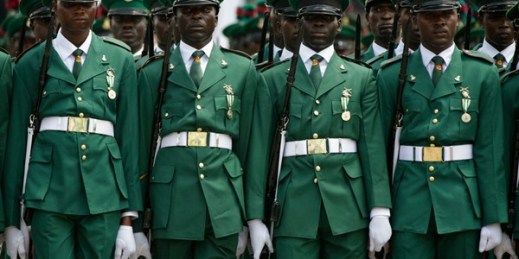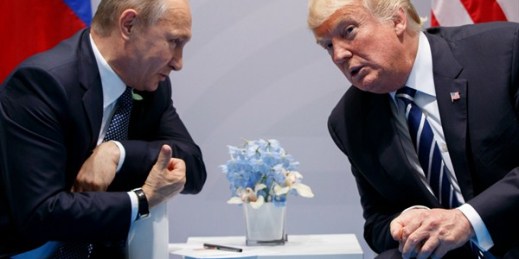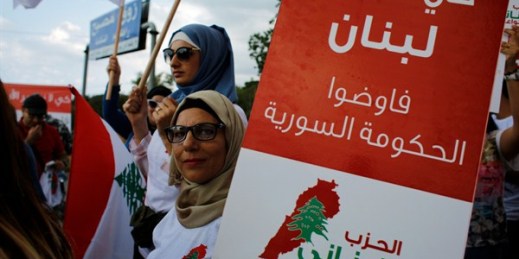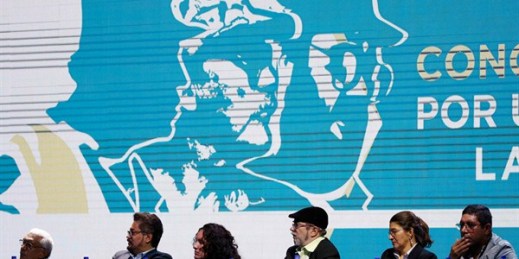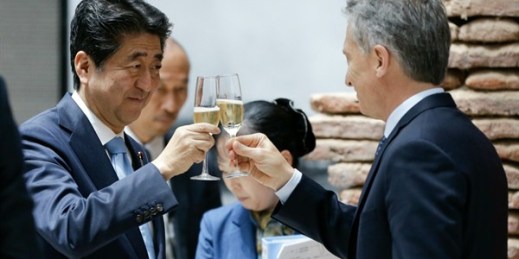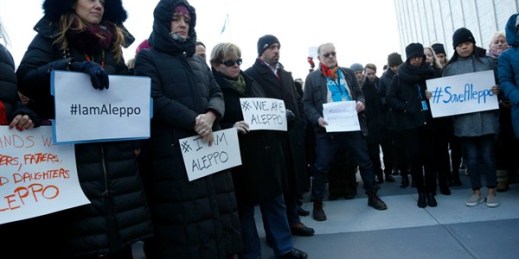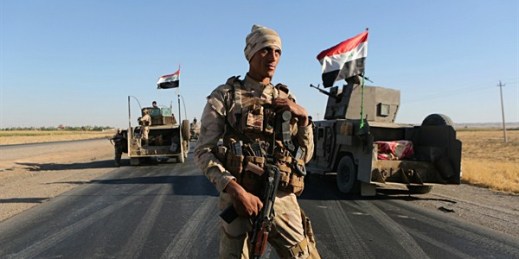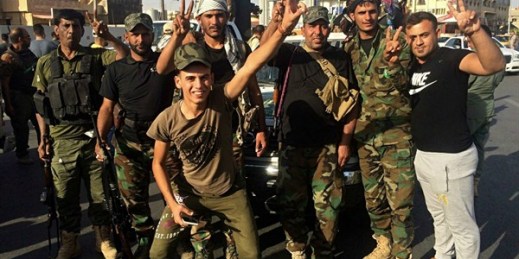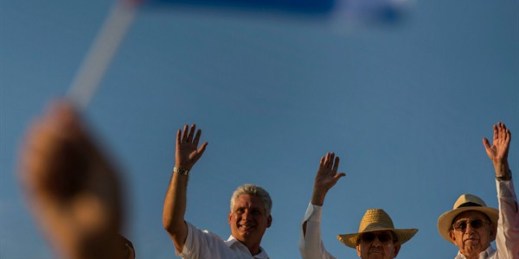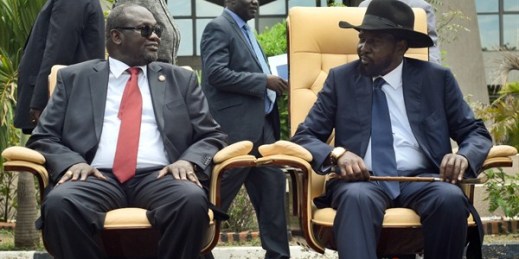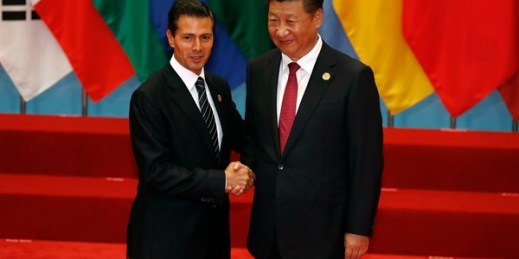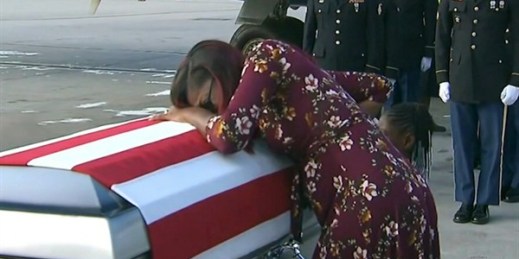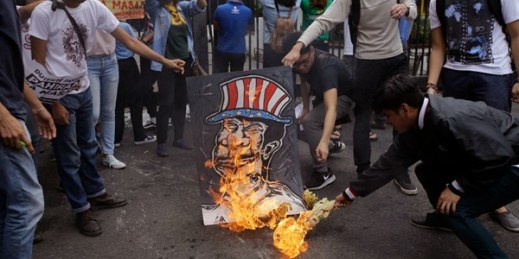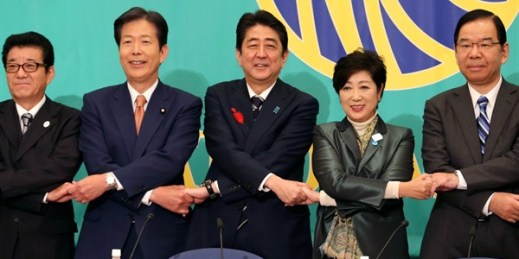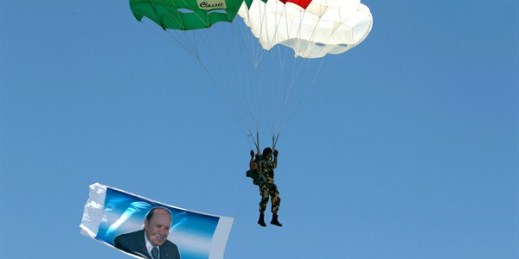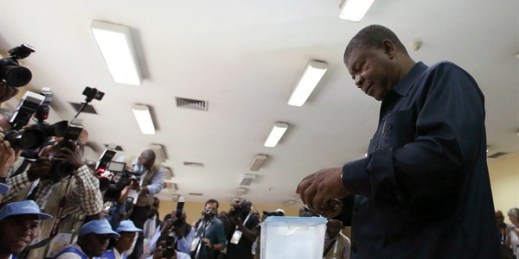
On Sept. 26, Joao Lourenco was sworn in as just the third president since Angola gained its independence from Portugal in November 1975. Unlike other post-colonial leaders in Africa, Angola’s first president, Agostino Neto, was in power for barely four years, until September 1979. In the nearly 38 years since then, Jose Eduardo dos Santos has been at the helm of the oil-rich nation. The historic handover of power, after elections in August, came as Angola finds itself in the deepest economic crisis since before its civil war ended in 2002. Even if there is not yet a political transition […]

